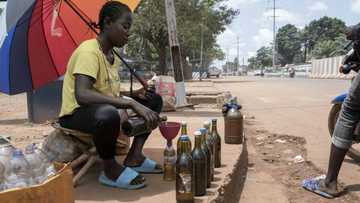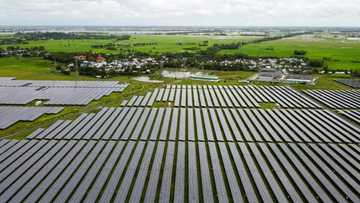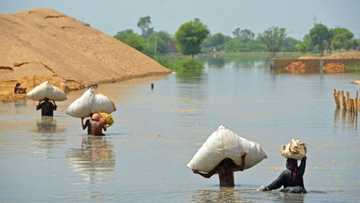Moldova facing dark winter as energy crisis bites
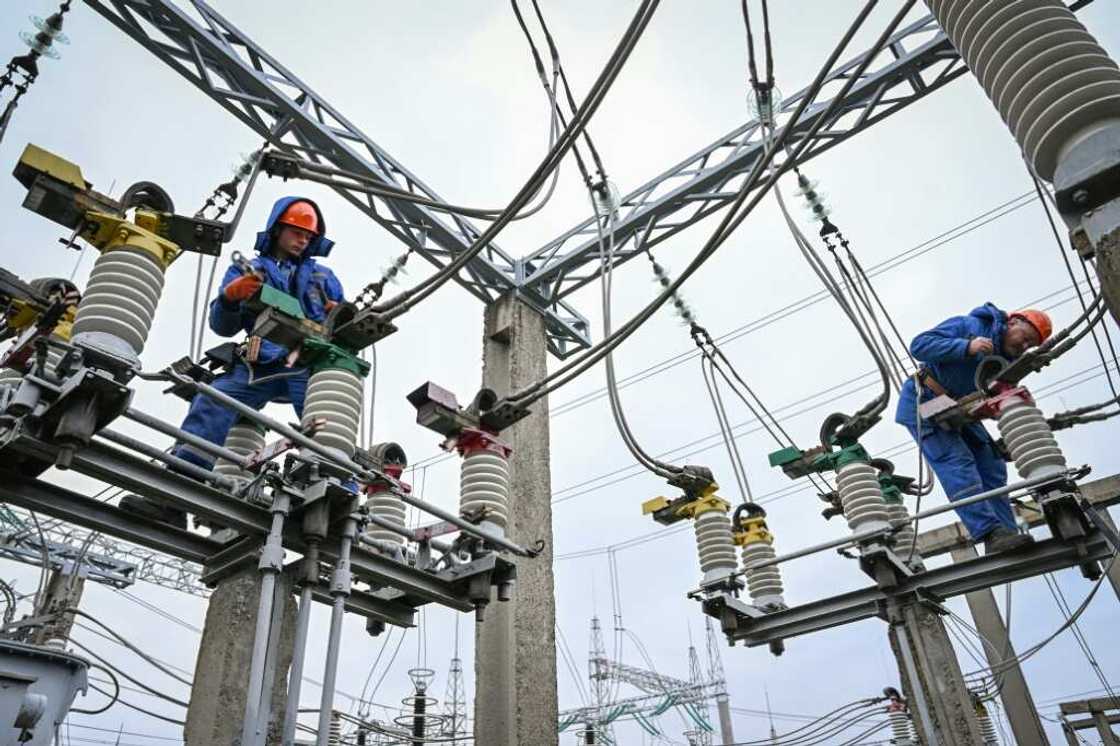
Source: AFP
PAY ATTENTION: Сheck out news that is picked exactly for YOU ➡️ find the “Recommended for you” block on the home page and enjoy!
A silence hangs over Ion Ignat's normally noisy factory in Chetrosu, Moldova, with his 50 workers fretting about their future.
"Normally, all the machines are running. Now all is dead silent," said the owner of the plant that makes bricks and concrete products about a half an hour's drive from the capital Chisinau.
The 60-year-old decided to halt production early last month for the first time since 1992 when spiralling energy prices made it too expensive to fire the kilns and run the machinery.
Ignat hopes to restart production soon if oil and gas prices fall.
In the meantime like many others in this impoverished nation nestled between Romania and Ukraine, he is preparing for a hard winter.
Faced with being starved of the Russian gas it has depended on for decades, the coming months will be crucial for this country of 2.6 million people with a Soviet past and European ambitions.
PAY ATTENTION: Share your outstanding story with our editors! Please reach us through info@corp.legit.ng!
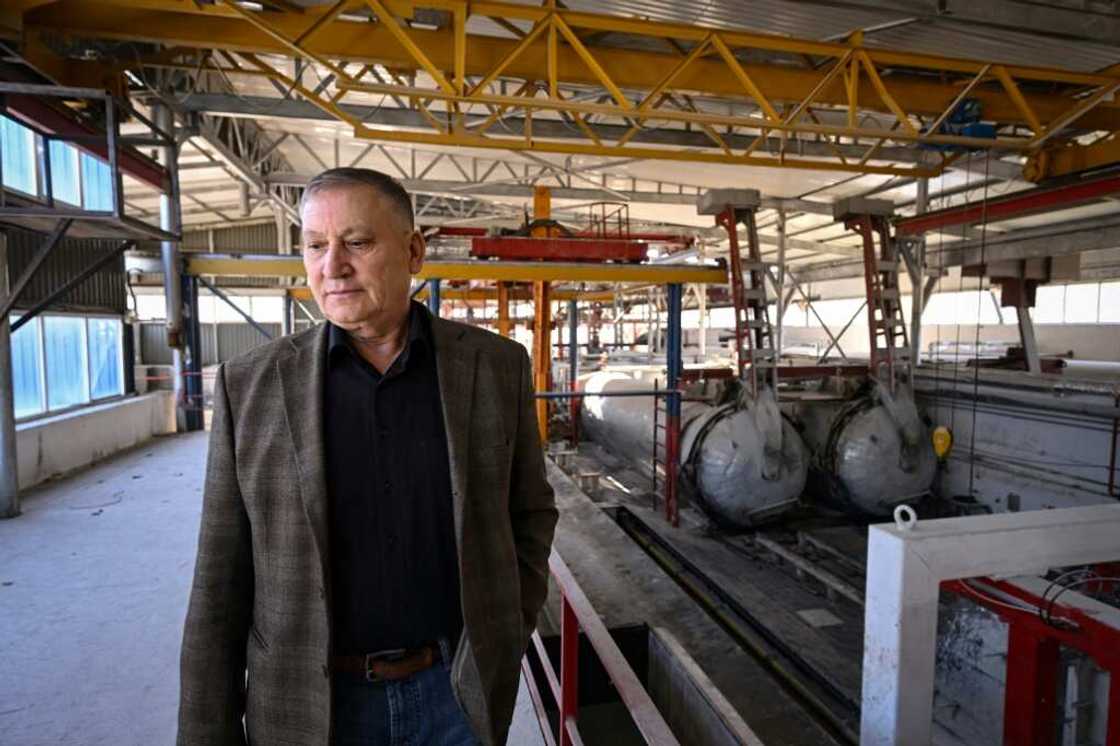
Source: AFP
European Commission president Ursula von der Leyen will visit later this week to discuss how the bloc can help Moldova, which became an EU candidate in the wake of the Russian invasion of Ukraine.
Running out of power
Its pro-European and Harvard-educated president, Maia Sandu, has warned her country risks running out of gas and electricity this winter, with gas prices rising 600 percent in the last year.
"It's a daily challenge to supply the country with energy. A family is paying 70 to 75 percent of its incomes on (gas and electricity) bills," President Sandu said in a recent address to parliament in neighbouring Romania.
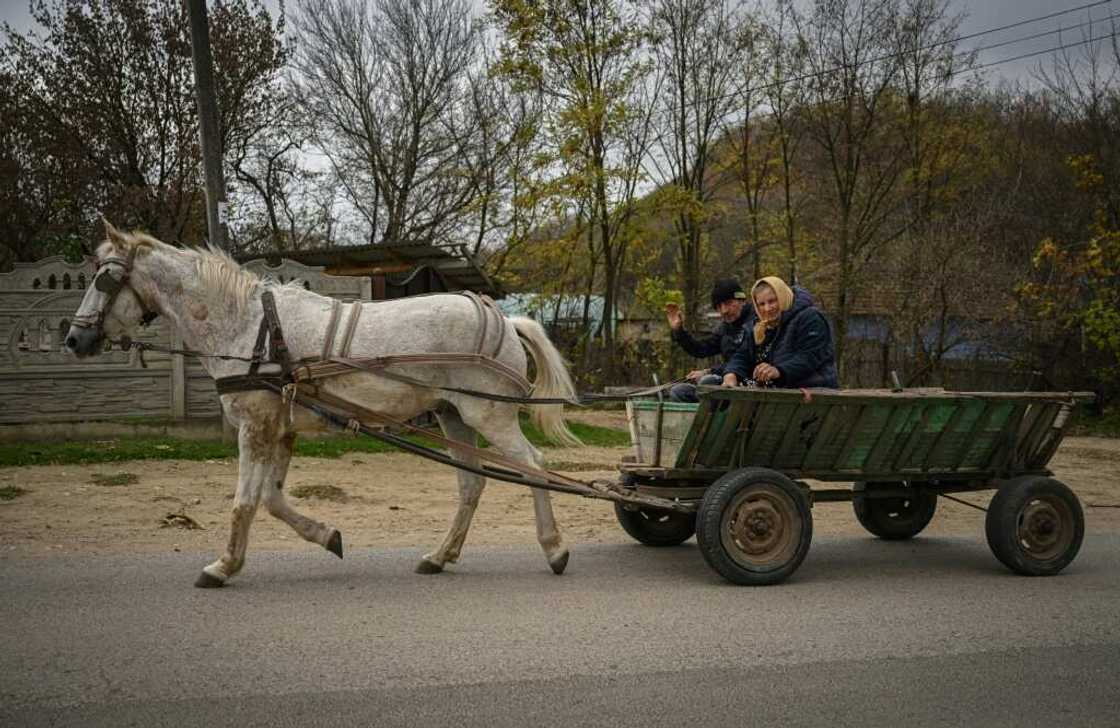
Source: AFP
Moldova -- where inflation was 33.9 percent year-on-year in September -- is almost entirely dependent on Russian gas.
But Russian energy giant Gazprom is reducing deliveries by half in November, according to Chisinau.
As for electricity, Ukraine used to supply 30 percent of its needs. But Russian strikes on energy infrastructure there led to Kyiv to stop all exports to Moldova.
The remaining 70 percent of the country's power normally comes from a thermal power station in Transnistria, a small breakaway region where Russian troops are stationed, which also cut deliveries to Chisinau.
EU member Romania said last month it would start selling electricity to its neighbour at a reduced price because of the difficulties created by the war in Ukraine.
The Moldovan government has also urged towns to turn off street lights and households to limit consumption, with businesses asked to change their hours to work at off-peak times.
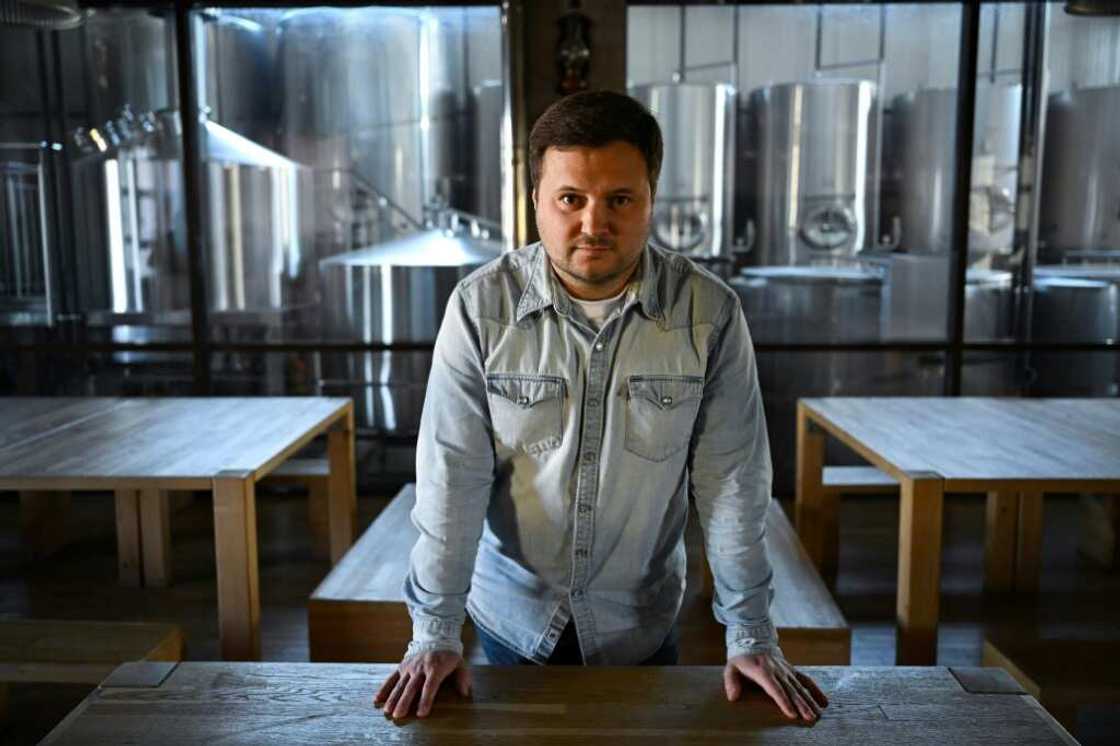
Source: AFP
One of those who has heeded the call is Sergei Litra, the owner of Moldova's first craft brewery. His employees now work in two shifts outside peak hours, one running from 11 pm to five in the morning.
"Everything depends on when the war in Ukraine will end. This war made everybody understand that we need energy independence," the 36-year-old told AFP, adding that he was considering buying solar panels.
'Blackmail'
Sandu -- a former World Bank economist elected in 2020 -- said Moldova's dependence on Russian gas is a "vulnerability (that) generates political blackmail".
In a polarised nation often seen as split between Russia and the West, Sandu is worried that the current economic turmoil could lead to social unrest.
On October 26, the US Treasury imposed sanctions on a former Moldovan official and several other figures to counter Russia's "persistent malign influence campaigns and systemic corruption in Moldova."

Source: AFP
Back at the brick factory, Ignat said the "next six months will be decisive" for his country.
"We have one foot in Russia and one in the EU. But if we're going to be brave and dignified we'll have both feet in Europe and we'll get rid of the blackmail of the past 30 years," he told AFP.
To the government's anger, street lights have been turned back on in the capital after the mayor decided the blackout was a safety hazard that didn't save enough energy.
"I felt deep sadness seeing Chisinau plunged into darkness," said pharmacist Liliana Damaschin, 54, who had returned to Moldova from her job in Italy for a holiday. "I am very worried about my country."
Source: AFP


